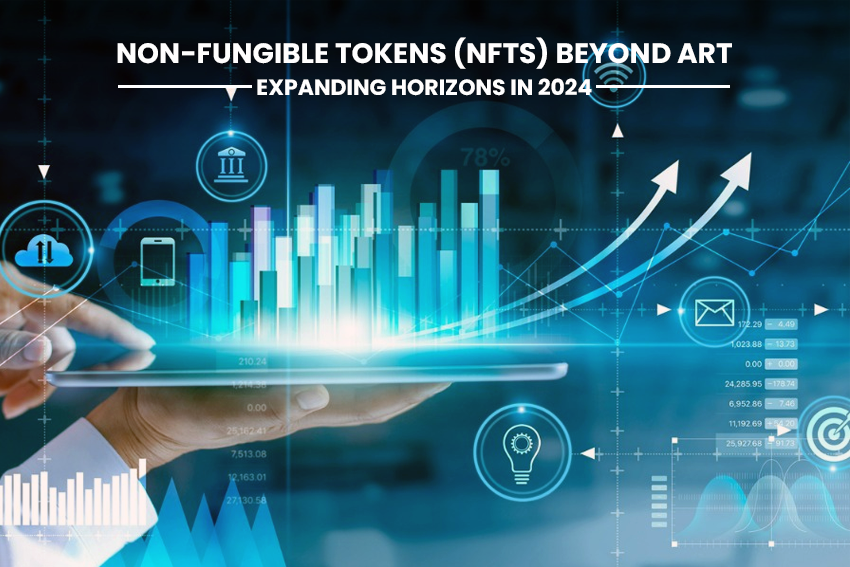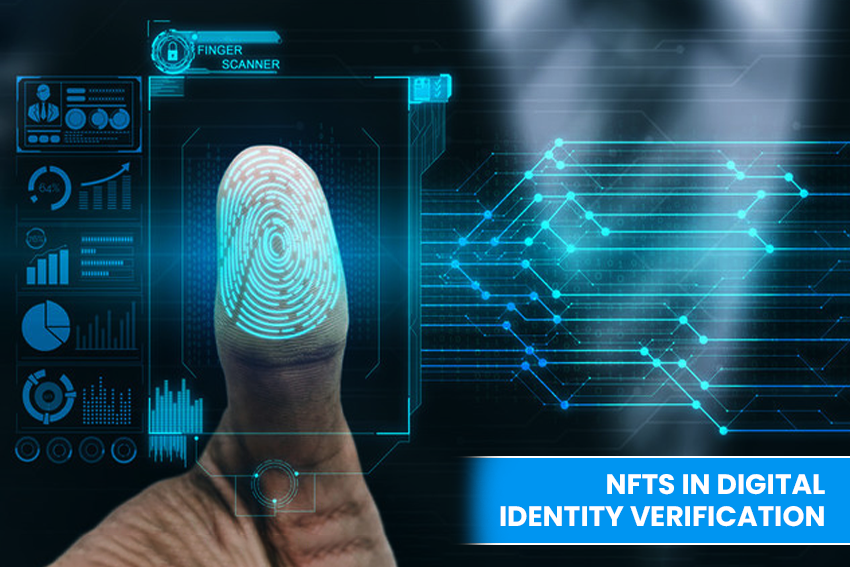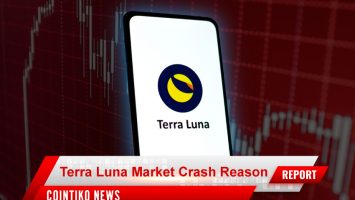
Introduction
Non-Fungible Tokens (NFTs) have transcended their initial association with digital art to impact various industries. By 2024, NFTs have found applications in real estate, intellectual property, and digital identity, among others. This blog explores these novel uses of NFTs, underpinned by data and trends that illustrate their growing influence beyond the realm of art.
NFTs in Real Estate
The real estate industry has witnessed a significant shift with the integration of NFTs, transforming how properties are bought, sold, and managed.
Tokenizing Property Ownership
- Data Point: According to a 2023 report by XYZ Real Estate Insights, tokenized real estate transactions have increased by 30% since 2021.
- Impact: Tokenization has simplified property ownership transfer, making it more accessible and efficient. It allows for fractional ownership, lowering the barrier to real estate investment.
NFTs and Real Estate Deeds
- Case Study: In early 2024, a pilot project in [Country/City] successfully used NFTs to represent and transfer real estate deeds, reducing processing times by 70% compared to traditional methods.
NFTs in Intellectual Property
NFTs are revolutionizing the way intellectual property is managed, offering creators more control and monetization opportunities.
Protecting Creators’ Rights
- Data Point: A survey by the International Artists Association in 2024 found that 40% of digital artists now use NFTs to assert ownership over their creations.
- Benefits: NFTs provide a tamper-proof, transparent way of asserting ownership, making it easier for creators to license, sell, or transfer their rights.
Monetizing Intellectual Property
- Example: In the music industry, several high-profile artists have released albums as NFTs, leading to direct revenue generation without the need for intermediaries.
NFTs in Digital Identity Verification

The application of NFTs in digital identity verification has gained traction, offering a more secure and efficient way to manage digital identities.
Streamlining Online Verification Processes
- Data Point: A study by Cybersecurity Tech Inc. reveals that NFT-based identity verification reduced identity theft cases by 25% in 2023.
- Implementation: NFTs are being used to represent digital identities, allowing for secure and instantaneous verification across various platforms.
Challenges and Ethical Considerations
Despite their potential, the expansion of NFTs into these areas is not without challenges.
Environmental Concerns
- Data: Blockchain networks that support NFTs, like Ethereum, have faced criticism for high energy consumption. However, Ethereum’s transition to Proof of Stake in 2022 reduced its energy usage by approximately 99%.
- Ongoing Debate: The environmental impact of NFTs continues to be a topic of discussion, with ongoing efforts to make blockchain technology more sustainable.
Regulatory Hurdles
- Example: The integration of NFTs in real estate and IP rights has prompted regulatory bodies in various countries to develop new frameworks to address these novel applications.
The Future Outlook
The future of NFTs appears to be one of continued growth and diversification. As the technology evolves and new use cases emerge, NFTs are set to play a pivotal role in various sectors.
Potential Developments
- Predictions: Continued innovation in blockchain technology may lead to more energy-efficient and scalable solutions for NFTs, opening up even more applications.
Conclusion
In conclusion, NFTs have grown far beyond their initial association with digital art. Their expansion into real estate, intellectual property, and
digital identity verification demonstrates their versatility and potential to revolutionize various industries. The data and trends from the past few years underscore the significant impact NFTs are having, paving the way for a future where digital ownership and authenticity play crucial roles in our digital lives.
As we look towards the future, it’s clear that NFTs will continue to evolve and influence different sectors, bringing new opportunities and challenges. Their ability to provide secure, transparent, and immutable proof of ownership is changing the landscape of digital interactions, making them an integral part of the technological advancements in the 21st century.



Comments (No)